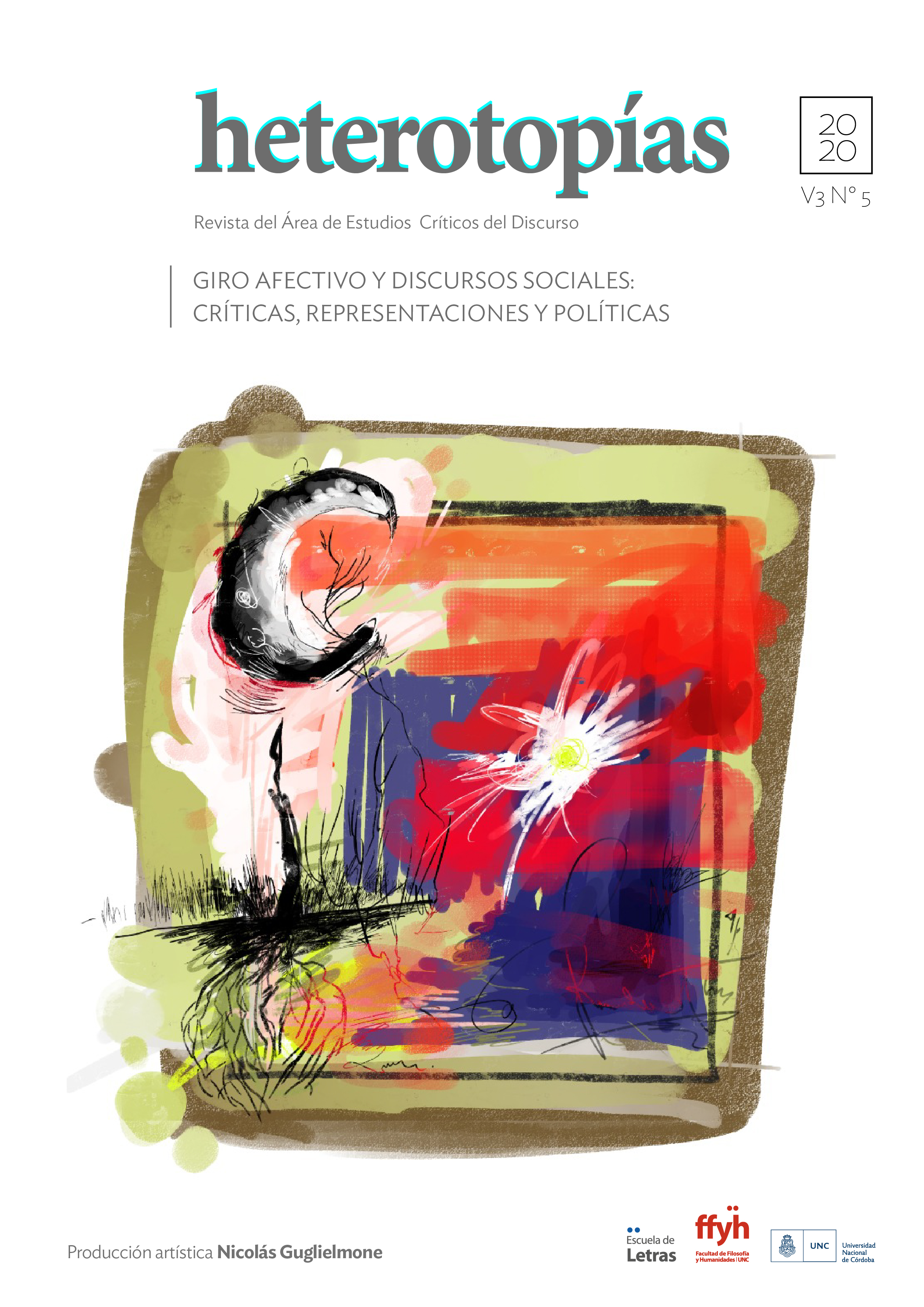The double other of the pandemic: racism and subjectivity
Main Article Content
Abstract
The coronavirus pandemic has unequally changed the lives of subjects. The constant presence of death points us to that random subject who is feared, but who is unknown. It is the Other that could put our lives at risk, but as we do not know him it is impossible to point out. It may be someone from our close environment, a family member, a friend, a neighbor, but not necessarily a stranger. Therefore, it is from here that it is easier to look for an already identified Other and blame it for spreading the pandemic. This is what happened in Chile with migrants, whose condition makes them the target where the government and part of society throw darts. This paper proposes a reflection, from racism and subjectivity, on those two Others: the one we don't know, but who forces us to build trenches to avoid it, and the second other who we have identified as an enemy, and as such, sick or not, emerges as guilty of our ills
Downloads
Article Details

This work is licensed under a Creative Commons Attribution-NonCommercial-ShareAlike 4.0 International License.
Those authors who have publications with this journal, accept the following terms: Those authors who have publications with this journal, accept the following terms:
a. The authors will keep their copyright and guarantee to the journal the right of first publication of their work, which will be simultaneously subject to the Creative Commons Attribution - Non-Commercial - Share Alike (by-nc-sa) Attribution License; no commercial use of the original work or any derivative works is allowed, the distribution of which must be done with a license equal to the one that regulates the original work.
b. Authors may adopt other non-exclusive license agreements for the distribution of the published version of the work (e.g., deposit it in an institutional telematic archive or publish it in a monographic volume) provided that the initial publication in this journal is indicated.
c. Authors are allowed and recommended to disseminate their work through the Internet (e.g. in institutional telematic archives or on their website) before and during the submission process, which may lead to interesting exchanges and increase the number of citations of the published work. (See The effect of open access).
How to Cite
References
Deleuze, G. (1987). Foucault. Barcelona: Paidós
Foucault, M. (1988). El sujeto y el poder. Revista Mexicana de sociología, 50, 3-20.
Foucault, M. (1992). El orden del discurso. Buenos Aires: Tusquets Ediciones.
Horkheimer, M. y Adorno, T. (1998). Dialéctica de la Ilustración. Madrid: Editorial Trotta.
Malraux, A. (1930). La voix royale. París: Grasset.
Marcuse, H. (1993). El hombre unidimensional. Ensayo sobre la ideología de la sociedad industrial avanzada. Barcelona: Planeta-Agostini.
Rancière, J. (1996). El desacuerdo. Política y filosofía. Buenos Aires: Nueva Visión.
Rancière, J. (2006). Política, identificación, subjetivación. En Política, policía, democracia. Santiago: LOM.
Rancière, J. (2014). El método de la igualdad. Buenos Aires: Nueva Visión.
Tassin, E. (2012). De la subjetivación política. Althusser/Rancière/Foucault/Arendt/Deleuze. Revista de Estudios Sociales, 43, 36-49.
